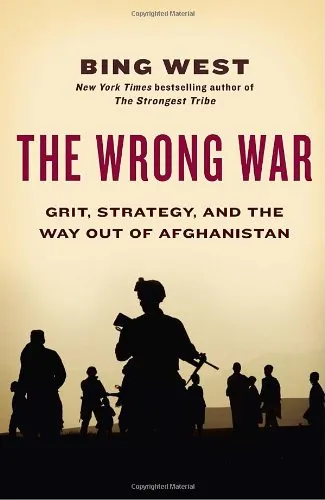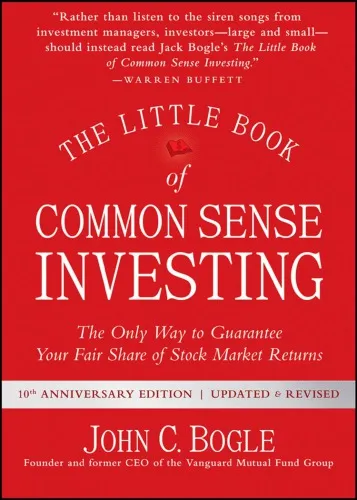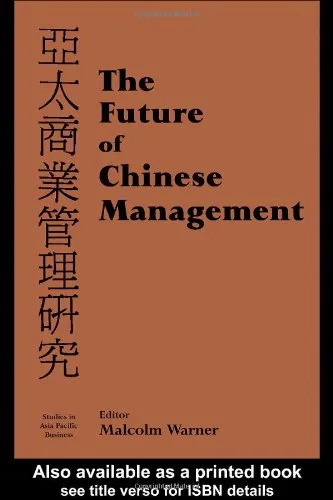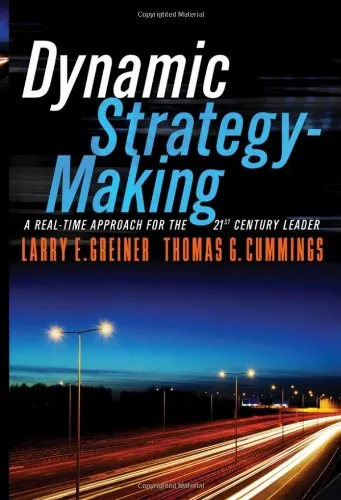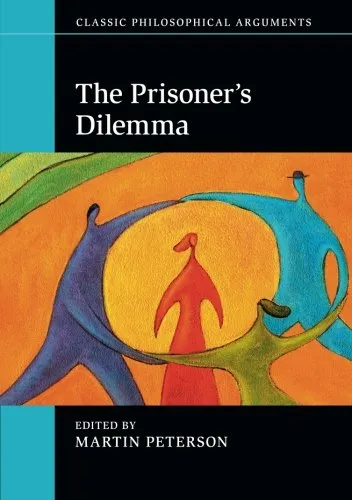The Wrong War: Grit, Strategy, and the Way Out of Afghanistan
4.4
Reviews from our users

You Can Ask your questions from this book's AI after Login
Each download or ask from book AI costs 2 points. To earn more free points, please visit the Points Guide Page and complete some valuable actions.Related Refrences:
Introduction to "The Wrong War: Grit, Strategy, and the Way Out of Afghanistan"
"The Wrong War: Grit, Strategy, and the Way Out of Afghanistan" is a hard-hitting analysis of America's involvement in the Afghanistan War, written by Bing West, a respected war correspondent, former Assistant Secretary of Defense, and renowned author. The book takes an unflinching look at the U.S. military's counterinsurgency strategy and evaluates its effectiveness on the long and treacherous battlefields of Afghanistan.
Published during one of the most critical phases of the conflict, this book sheds light on the fundamental challenges American and allied forces faced while fighting against the Taliban in a region riddled with cultural complexities and political upheaval. Through rich, ground-level detail and sharp strategic insight, West captures the courage and commitment of U.S. and NATO troops while questioning the larger strategic framework under which they operated.
The book combines gripping battlefield narratives, poignant critiques of military strategy, and harsh realities of Afghan tribal dynamics to provide a comprehensive overview of the war. By explicitly addressing where the U.S. erred and how operational decisions were made, Bing West opens a window into the broader implications of America's longest war and provides an insightful blueprint for future conflict management and foreign policy.
In this introduction, we will provide a detailed summary of the book, key takeaways, some memorable quotes, and discuss why this book remains an important contribution to understanding the complex realities of modern warfare.
Detailed Summary of the Book
"The Wrong War" delves into the intricacies of U.S. military operations in Afghanistan, primarily between 2008 and 2010. West argues that the core strategy, centered on winning the “hearts and minds” of the Afghan population, was fundamentally flawed. According to him, efforts to establish a functional Afghan government failed because they underestimated the deeply entrenched tribal allegiances and cultural intricacies that dictated loyalties.
The book is divided into several key sections, each exploring different aspects of the war. West embeds himself with frontline soldiers, narrating their harrowing battles against the Taliban across rugged terrains. These accounts highlight the valor, grit, and sacrifices made by U.S. troops while also exposing the glaring disconnect between their efforts and the overarching strategic goals imposed by Washington policymakers.
West critiques the counterinsurgency strategy, arguing that its heavy reliance on nation-building and rules of engagement hamstrung U.S. forces. He suggests that military operations should have focused more on hunting and defeating the Taliban rather than on trying to transform Afghan society. The book also explores the complex relationships between U.S. forces and Afghan civilians, contrasting tactical victories with overarching strategic limitations.
Ultimately, West provides not only a detailed recounting of the operational failures in Afghanistan but also his candid recommendations for improving U.S. military strategy in future conflicts.
Key Takeaways
- Counterinsurgency operations centered on "hearts and minds" may not work in culturally fragmented societies like Afghanistan.
- The U.S. military faced significant challenges due to over-restrictive rules of engagement and an unclear political strategy.
- Tribal dynamics and deep-seated allegiances in Afghanistan played a crucial role in undermining stabilization efforts.
- Modern warfare requires a sharp focus on achievable military objectives rather than broad goals like nation-building.
- The courage and sacrifices of frontline soldiers must be matched by sound and pragmatic strategies at the upper echelons of command.
Famous Quotes from the Book
"You can never win the hearts and minds of a people by implementing a strategy they neither asked for nor understand."
"A strategy tethered to timelines and troop withdrawals is no strategy at all."
"Victory on the battlefield must be accompanied by clarity of purpose and a willingness to face uncomfortable truths."
Why This Book Matters
"The Wrong War: Grit, Strategy, and the Way Out of Afghanistan" is a critical read for anyone looking to understand the complexities of modern warfare, specifically the challenges of counterinsurgency operations in culturally diverse and politically unstable regions. As the world continues to grapple with the repercussions of the Afghanistan War, Bing West's insights remain relevant and essential for both policymakers and the general public.
The book doesn't just critique; it offers a sobering reflection on what it means to deploy troops in pursuit of ambiguous goals. It underscores the importance of aligning military strategies with achievable political objectives while respecting the historical and cultural context of the conflict zone.
For students of military strategy, foreign policy experts, and anyone interested in understanding the human and strategic costs of warfare, "The Wrong War" provides vital lessons. Its unvarnished critique offers not only an analysis of past mistakes but also guidance on how future conflicts could be better managed.
Free Direct Download
You Can Download this book after Login
Accessing books through legal platforms and public libraries not only supports the rights of authors and publishers but also contributes to the sustainability of reading culture. Before downloading, please take a moment to consider these options.
Find this book on other platforms:
WorldCat helps you find books in libraries worldwide.
See ratings, reviews, and discussions on Goodreads.
Find and buy rare or used books on AbeBooks.
